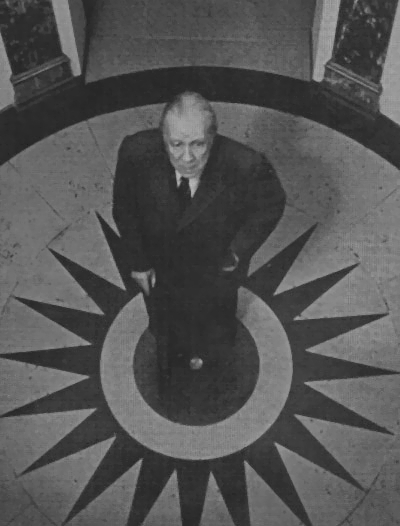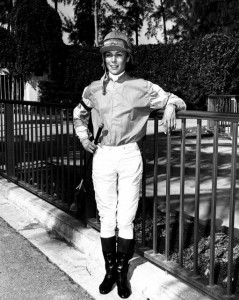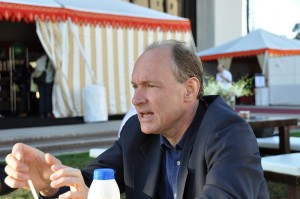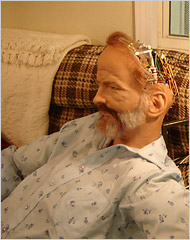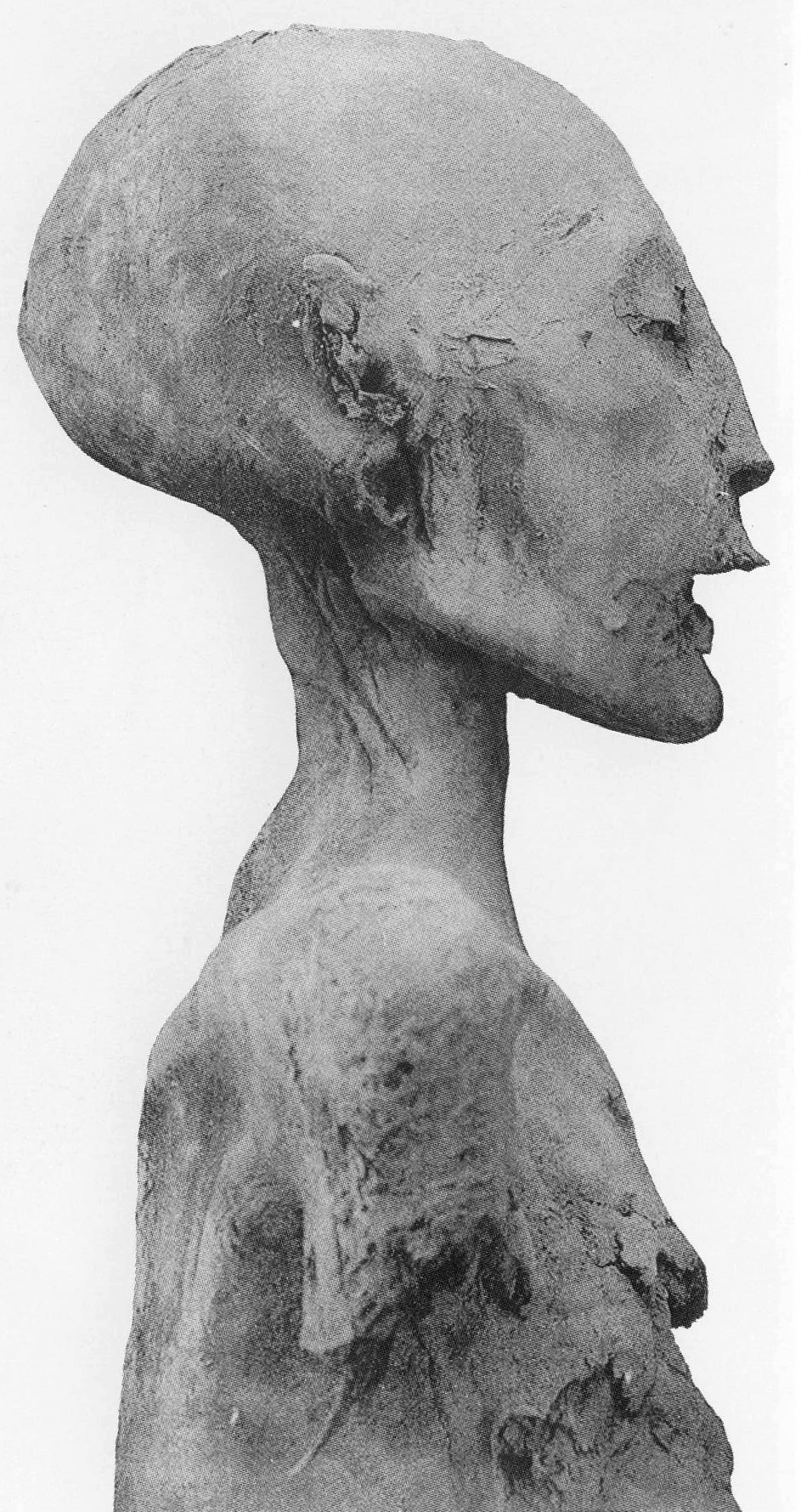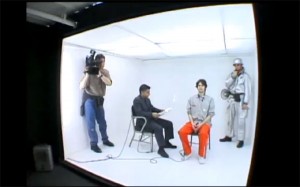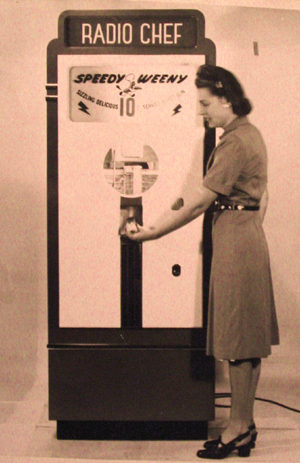Dogged reporting by Shane Ryan on Grantland about Richard Fliehr, better known as professional wrestling legend Rc Flair, who is closing in on senior-citizen status and faltering badly into his dotage. Nixon didn’t get this level of scrutiny from Woodward and Bernstein. The sad story is obviously reminiscent of the great Darren Aronofsky-Mickey Rourke collaboration, The Wrestler. The opening:
“Ric Flair has been physically attacked by at least three of his four wives.
In a 2005 divorce case with Elizabeth Harrell — wife no. 2 — Flair’s lawyers detailed their accusations. “On more than one occasion,” they wrote, “Plaintiff (Beth) has assaulted the Defendant (Flair), striking him about the head and body in an effort to provoke him into a physical confrontation.”
In 2009, Flair filed a criminal complaint against Tiffany Vandemark — wife no. 3 — whom he accused of ‘hitting him in the face with a phone charger.’
And in 2010, Flair and his current wife, Jacqueline Beams, returned to their Charlotte, N.C., home after dinner at the Lodge Restaurant. There, for reasons never made explicit, Jacqueline punched him repeatedly in the face. She was arrested.
The story of Ric Flair was once about a college dropout who rose through the ranks of professional wrestling to become a legend. It was about his nickname, ‘The Nature Boy,’ and his signature figure four leglock, both lifted from an older wrestler named Buddy Rogers. It was about his multiple championships, his bleach-blond hair, his fast-talking patter (by his own reckoning, Flair was a ‘stylin’, profilin’, limousine-riding, jet-flying, kiss-stealing, wheelin’-n’-dealin’ son of a gun!’), and his signature, trademarked cry: ‘WOOO!’
Today the story is about a man known in the court system as Richard Morgan Fliehr, 62, born in 1949 and adopted by parents who raised him in Minnesota. That’s what he was called this past April, when a judge ejected Fliehr from his Charlotte home because he couldn’t pay his rent. That’s what he was called in May, when he faced an arrest order for an unpaid $35,000 loan. That’s what he’s called on the paychecks from Total Nonstop Action, a second-tier outfit where he’s still compelled to perform despite suffering from alcoholic cardiomyopathy, and where almost everything he earns goes toward old debts: lawyers, ex-wives, the IRS, former business partners, and anyone who made the mistake of lending him money.”
••••••••••
“Wherever I go, I never leave a lady without a smile on her face.”
“I’m an old broken down piece of meat”:




